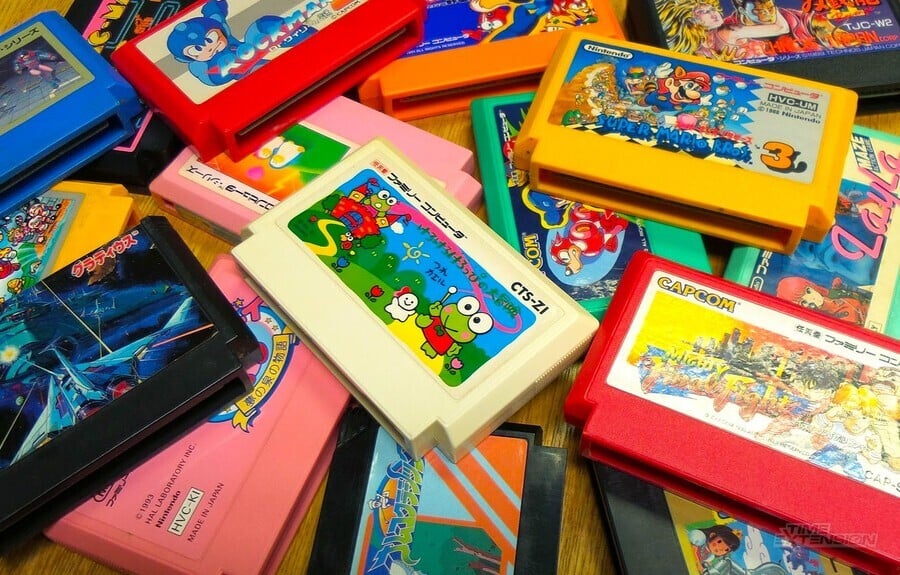
Can you imagine a world where magazines and websites were forbidden from reviewing games or sharing hints, tips and cheats related to those games?
It might sound far-fetched today, given that we've got decades of video game press coverage to look back on and entire websites devoted to cracking open new releases to uncover all of their secrets. However, when the industry was still very young in Japan, this was something that almost happened.
Speaking to Ollie Barder back in 2016, Kazuhiko Torishima – who was an editor on the Japanese publication Weekly Shonen Jump and was involved in the creation of Dragon Quest – explains that, in the 1980s, when video games were just becoming established in Japan, he had to rely on the support of one of the country's biggest publishers in order to print reviews, guides and cheats in Weekly Jump:
I told my manager that we were going to go with gaming cheats and reviews for these special pages but I warned him that gaming companies would come to Shueisha to complain. To try and shut us down, from disclosing cheats as well as reviewing their games. So I told him that we had to be protected in order to do this. That the gaming companies couldn't get involved in what we did. Thankfully, my manager promised to protect us, so we went ahead.
As I expected, lots of gaming companies like Hudson, Konami and Namco came to complain to Shueisha. They argued that divulging cheats and reviewing games was a violation of their intellectual property. We'd already talked to our lawyers at Shueisha and their position was that because each game was sold publicly, that meant Shueisha had purchased the game and that we were merely referencing on what we had already purchased. So that could not be a violation of intellectual property.
As these kinds of gaming companies would always try to hide things from their customers, they couldn't be very strong against a company as large as Shueisha.
It seems odd that companies could even think it would be possible to stamp out such coverage, but it's important to remember that the rules (in Japan, at least) were still being written at this point, and you can see why a company behind a smash hit game might not want players to gain access to cheat codes which could reduce the amount of value they get from a particular title.
It's also easy to understand why reviews might have been so troublesome to publishers; while positive press encourages sales, negative reviews obviously have the opposite impact.
As Barder himself says, "without this press protection, Japanese games would have been terrible. Publishers would have cut corners and released unfinished games. The quality of Japanese games today is a testament to the solid gaming press that protected consumers back in the '80s. You need the press."
